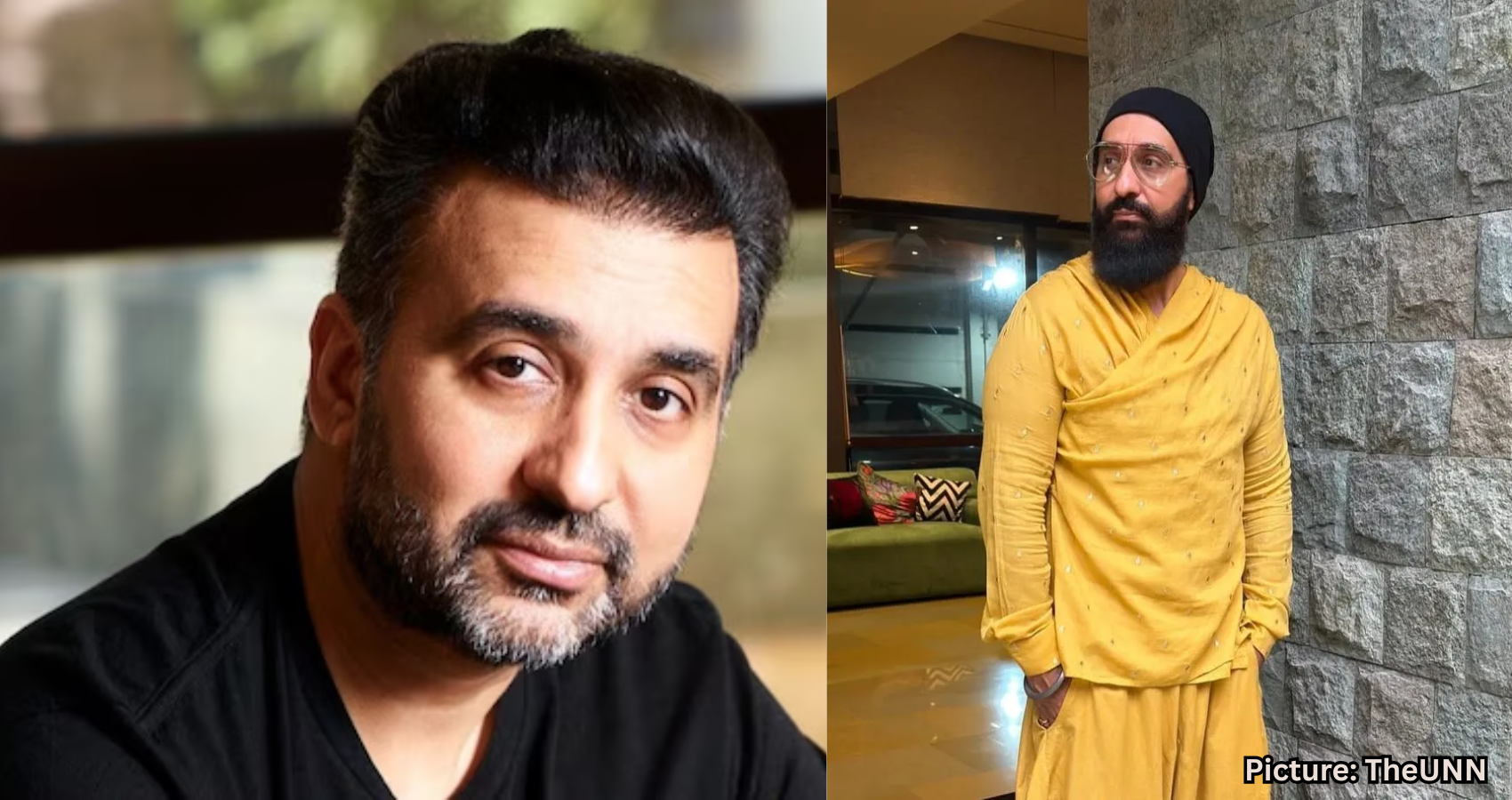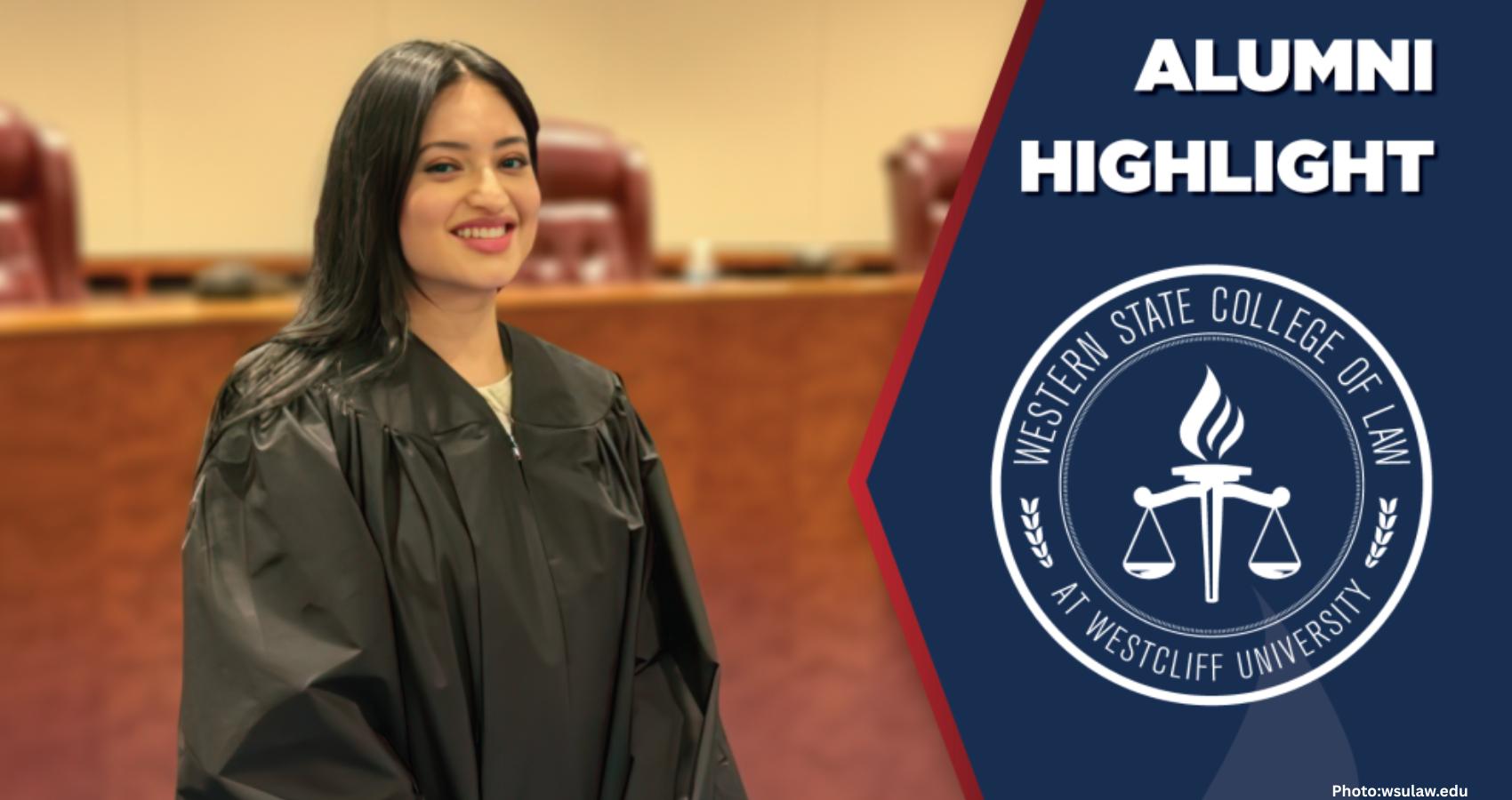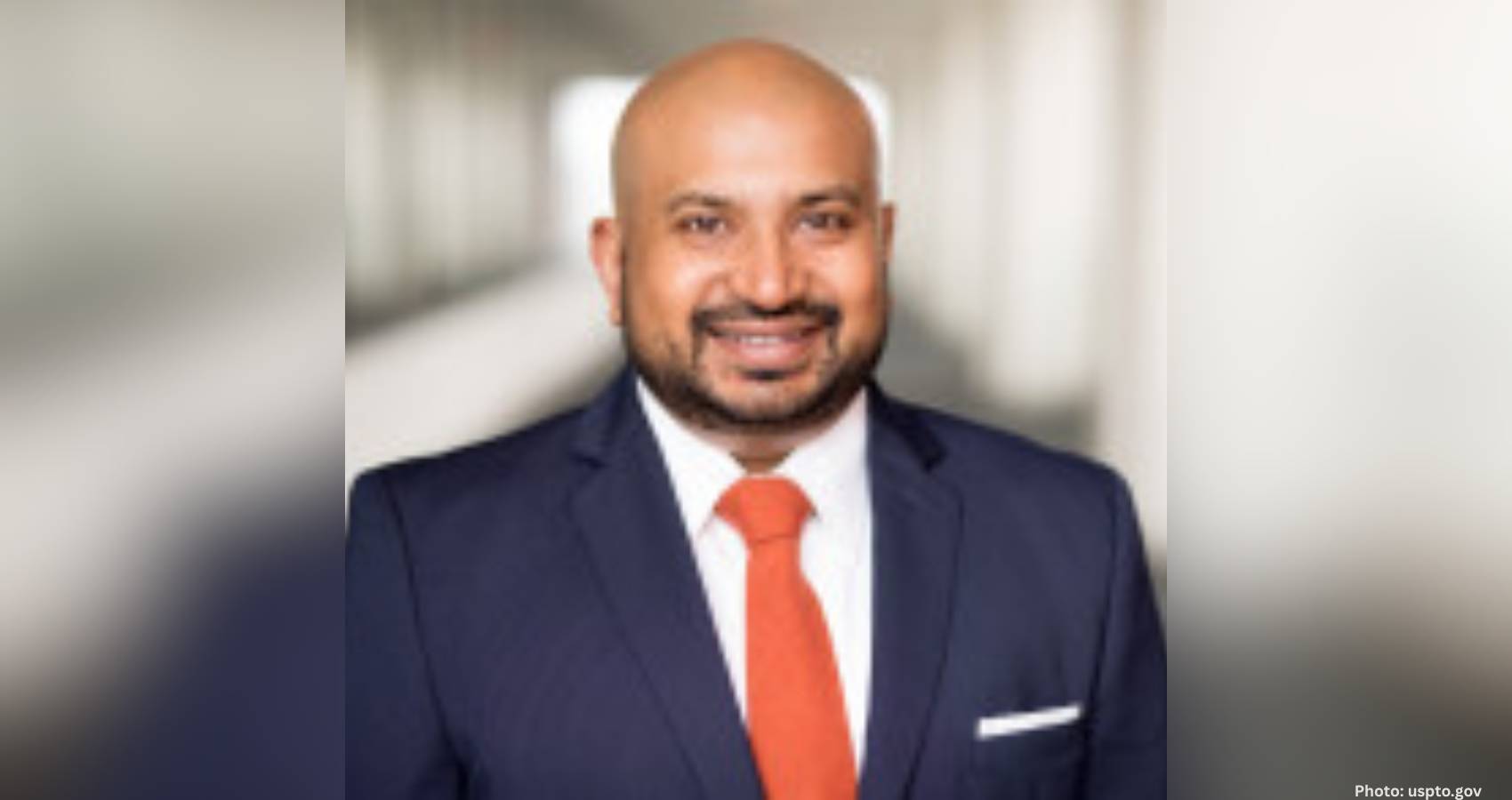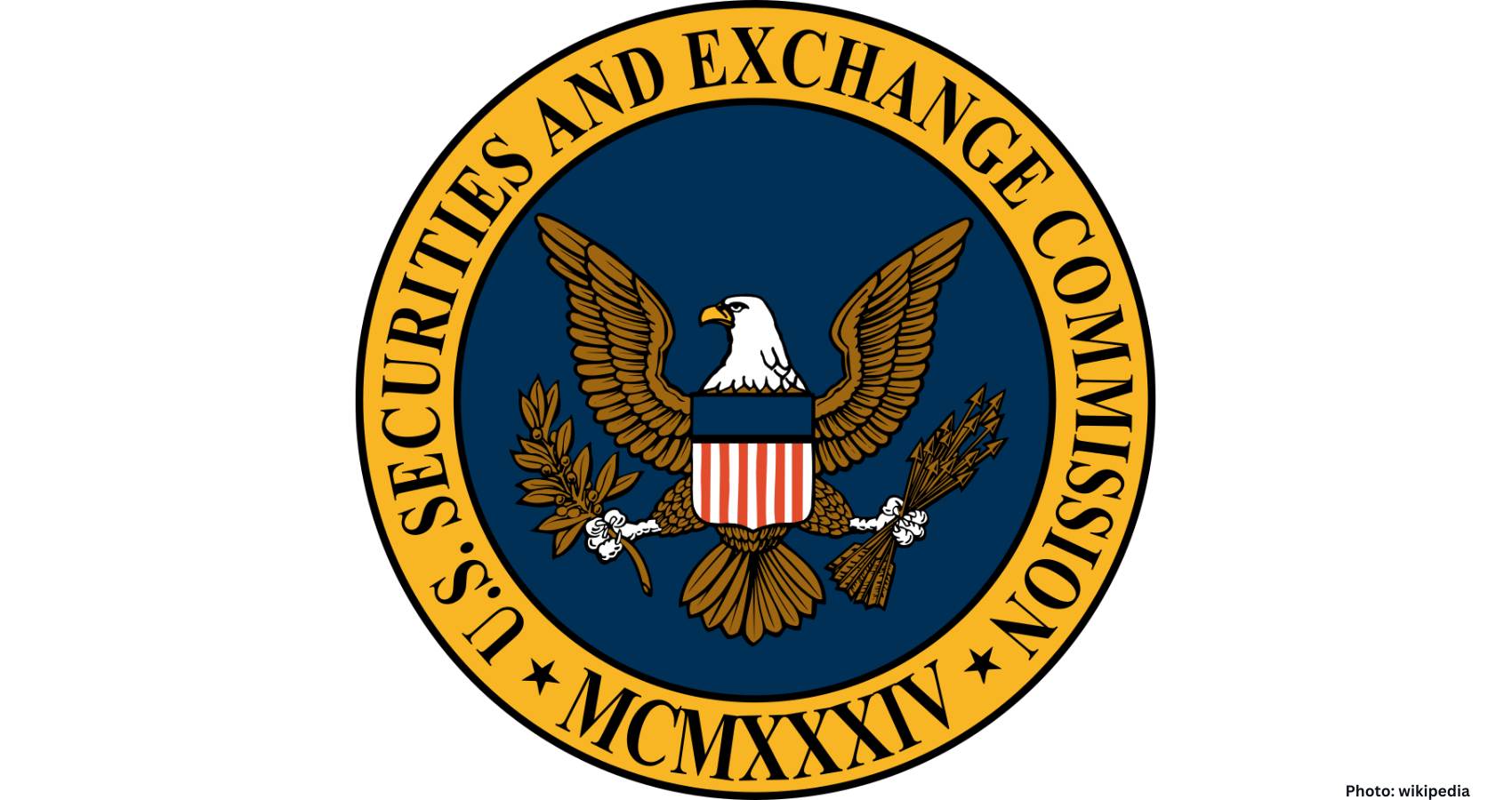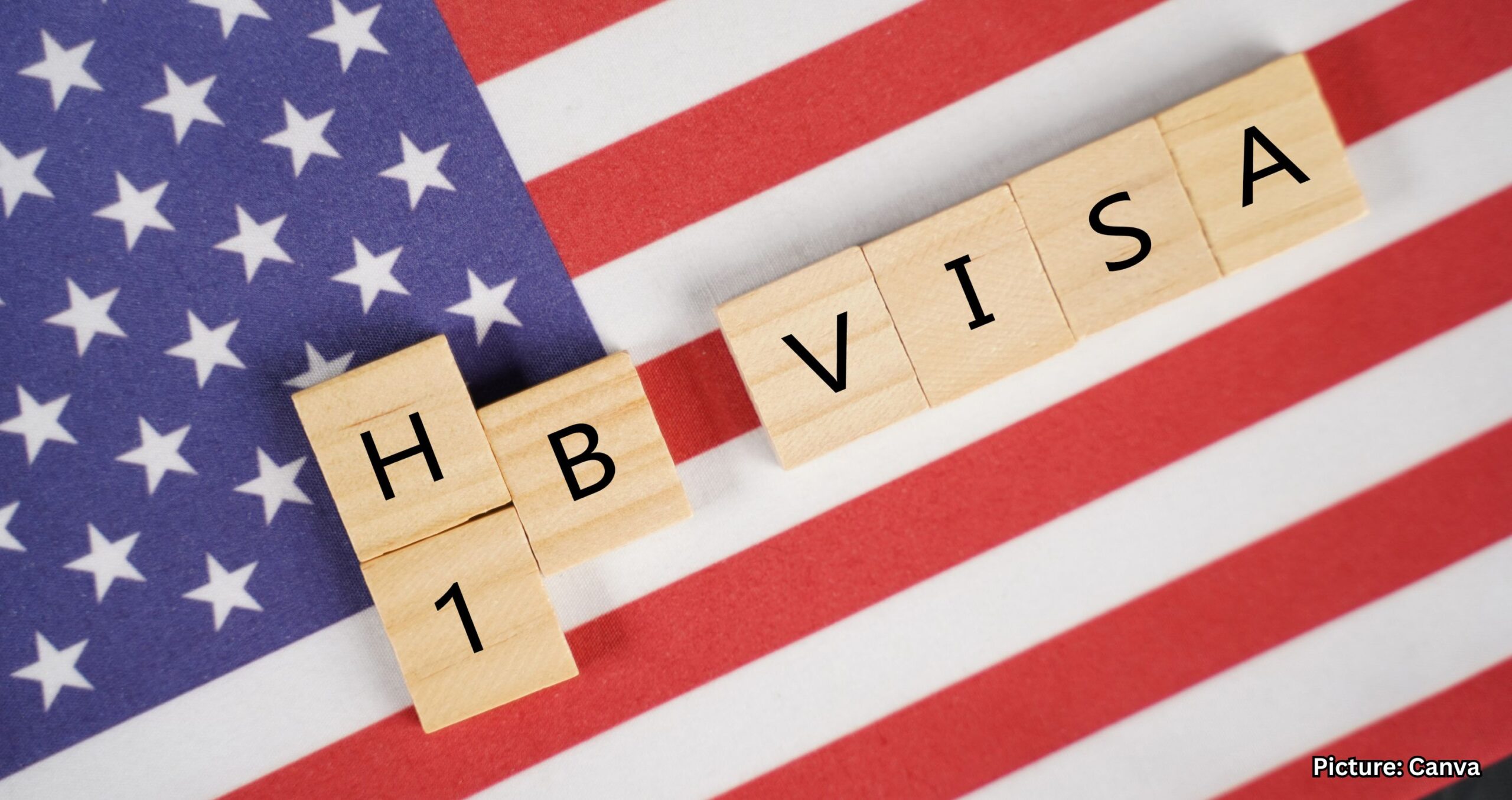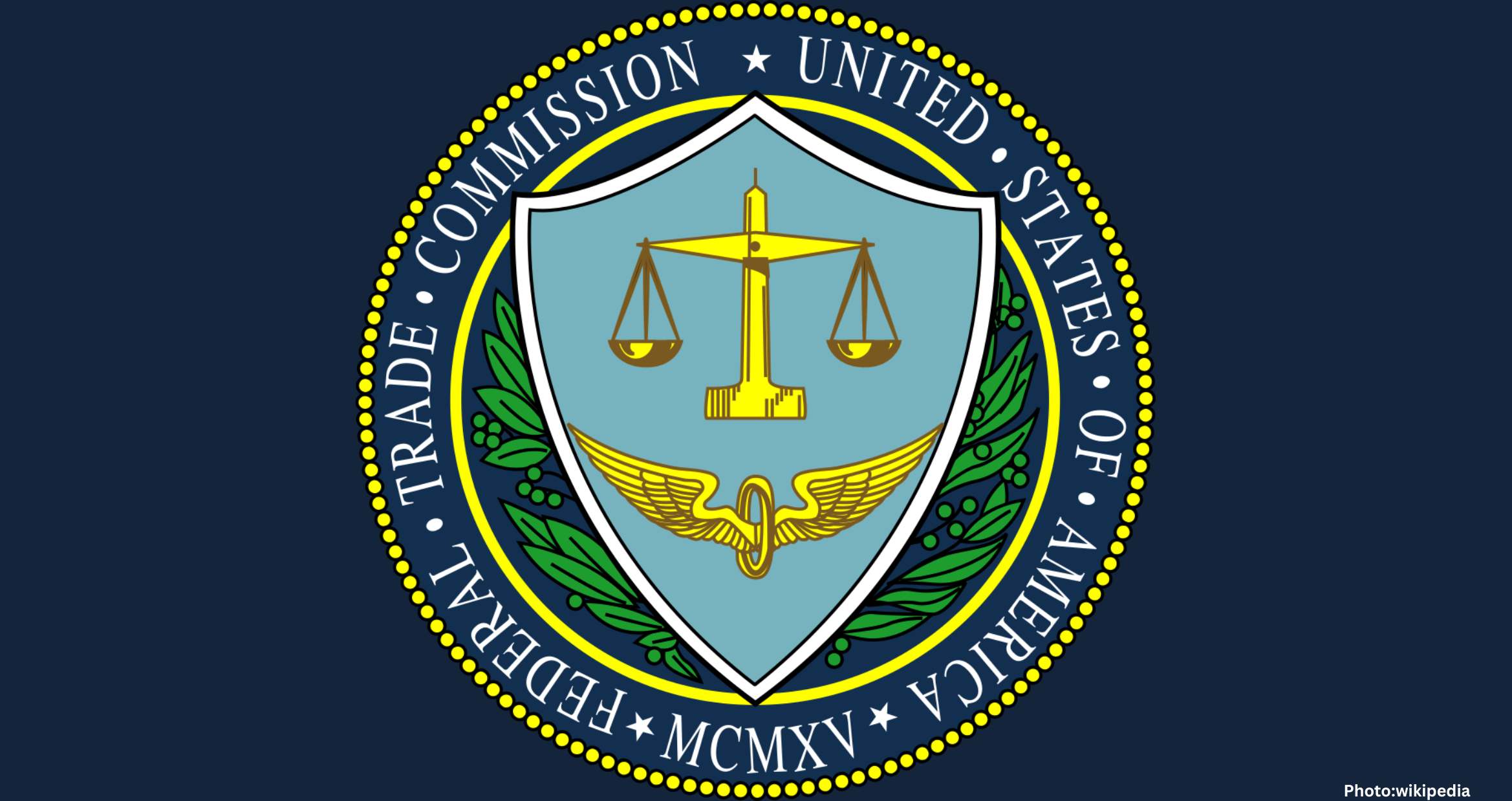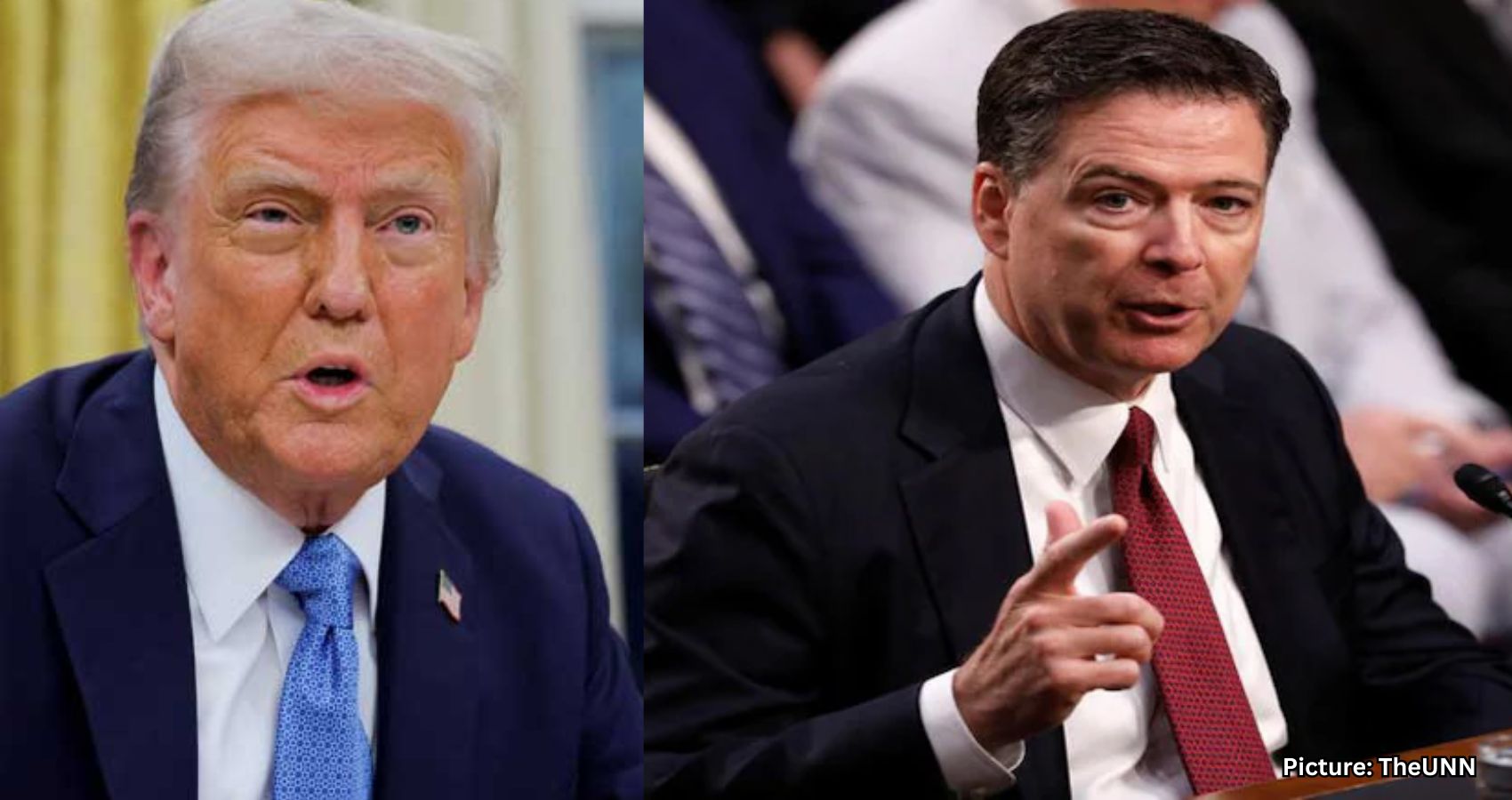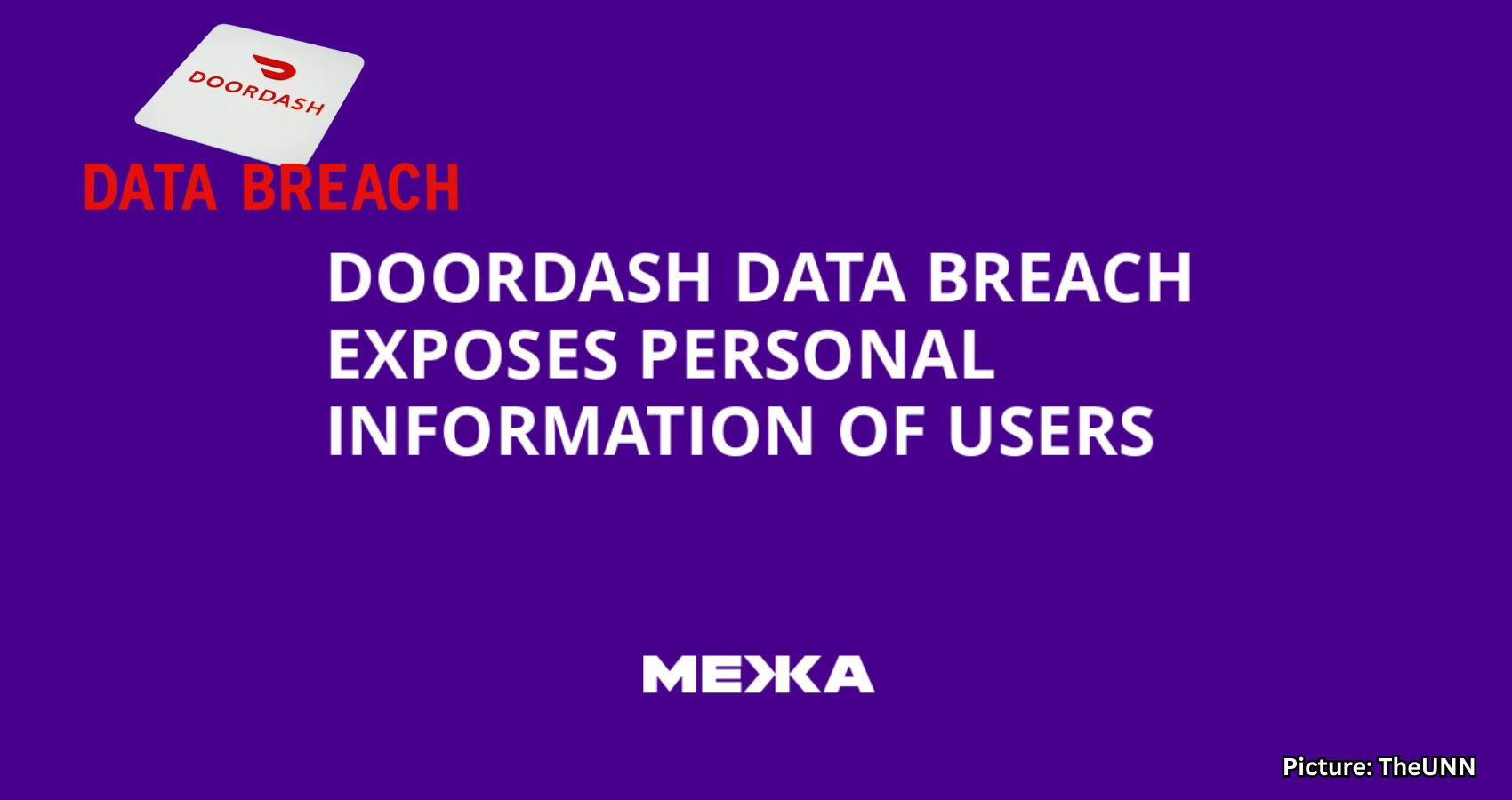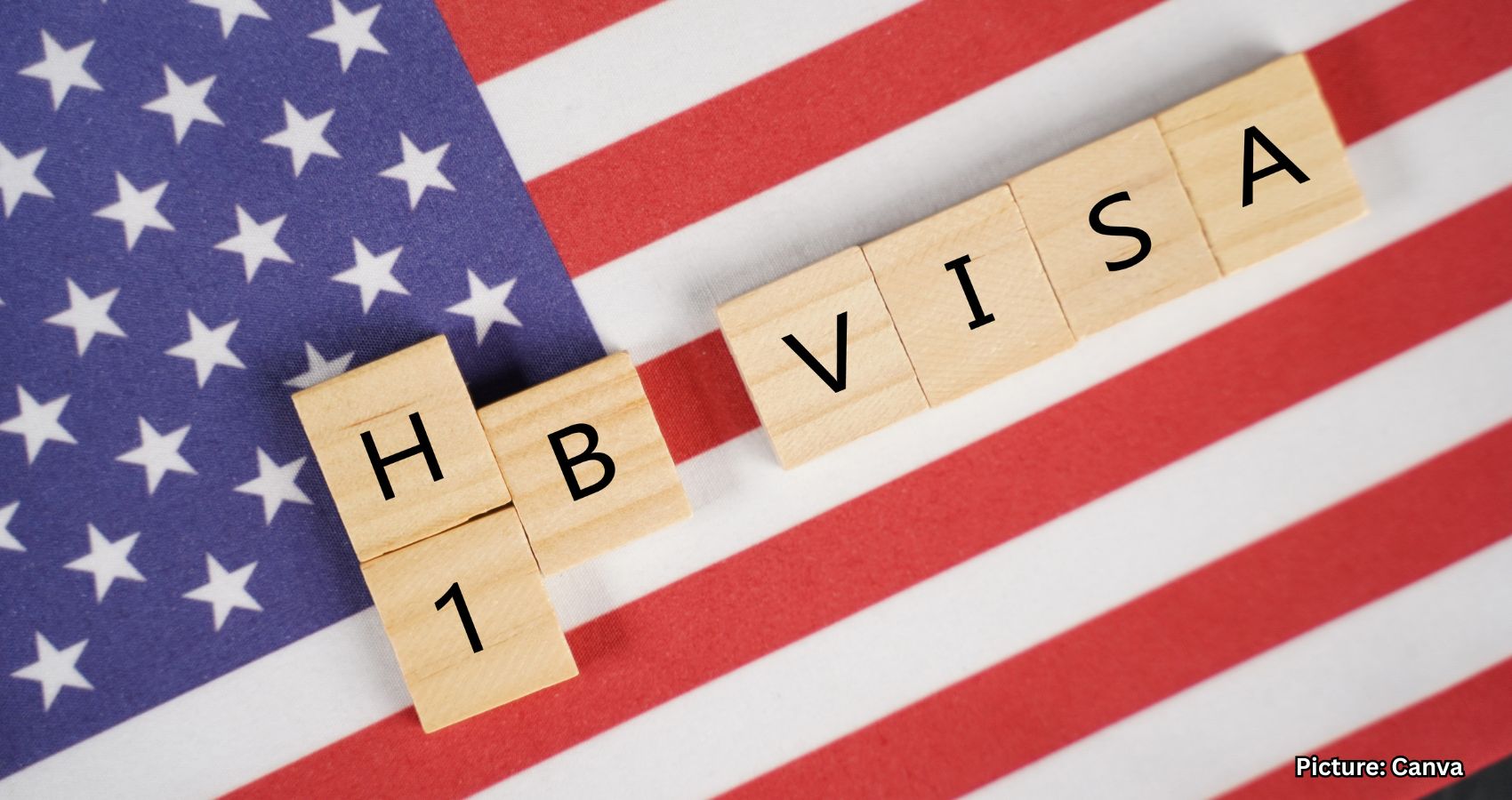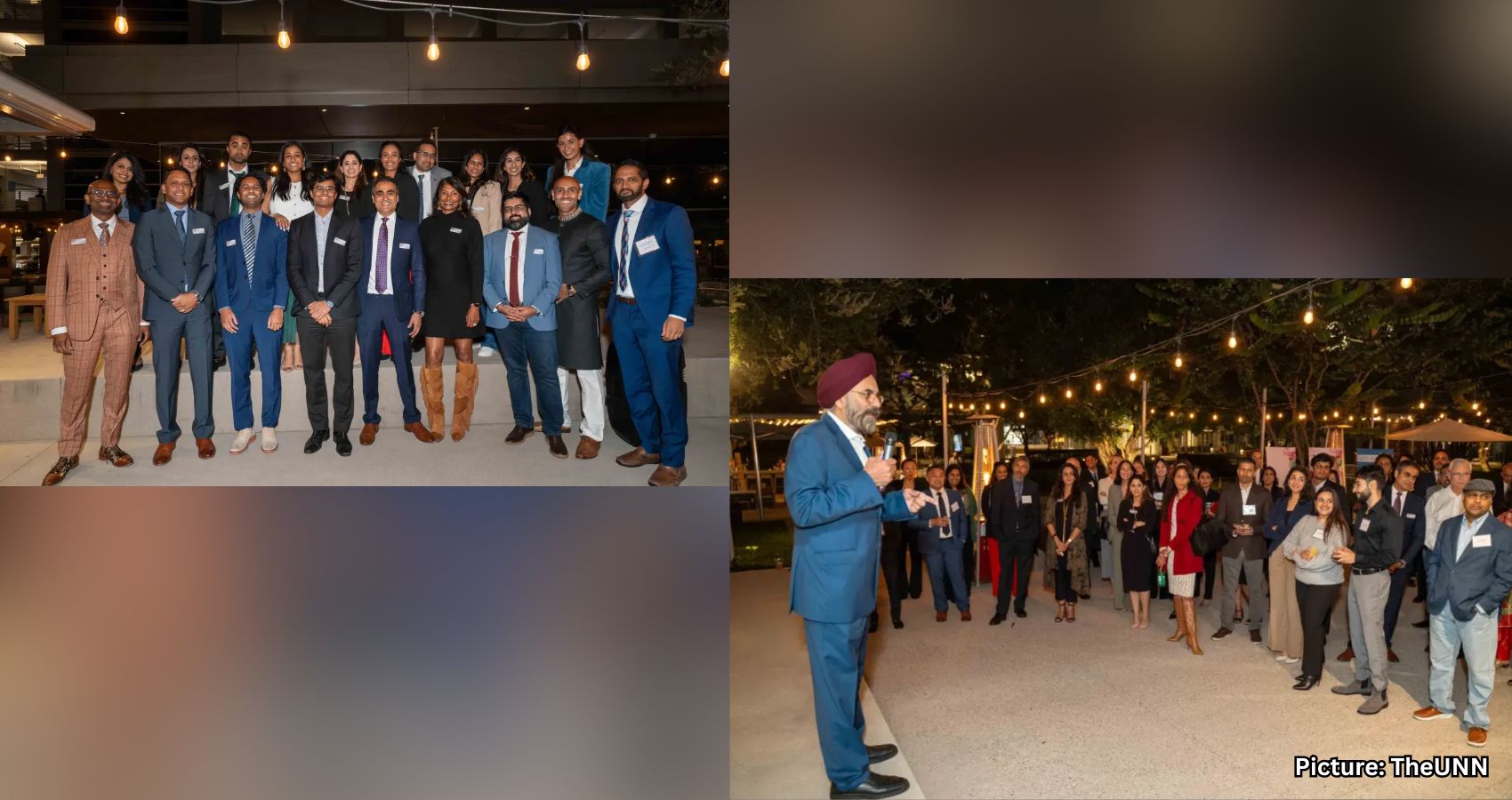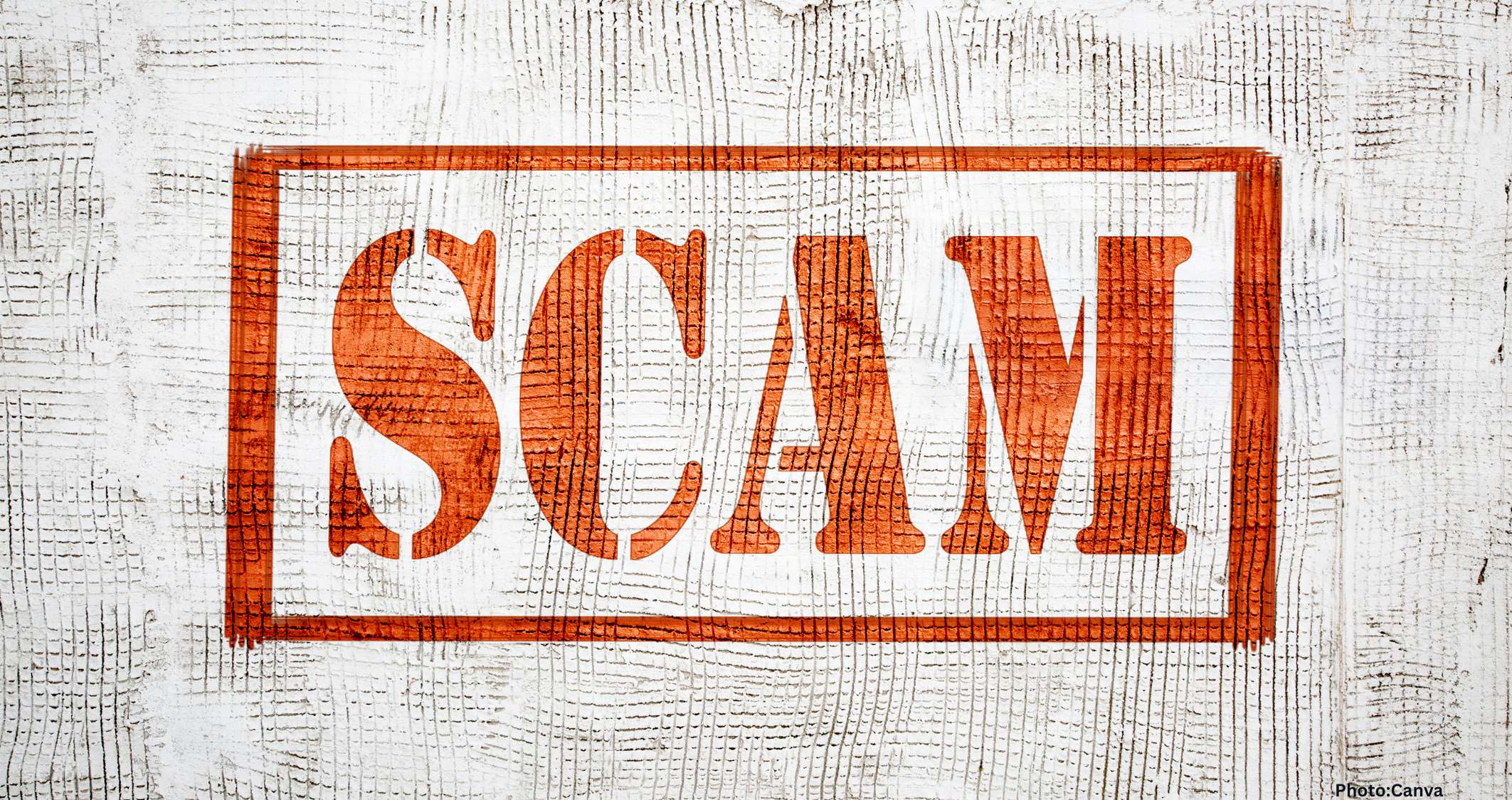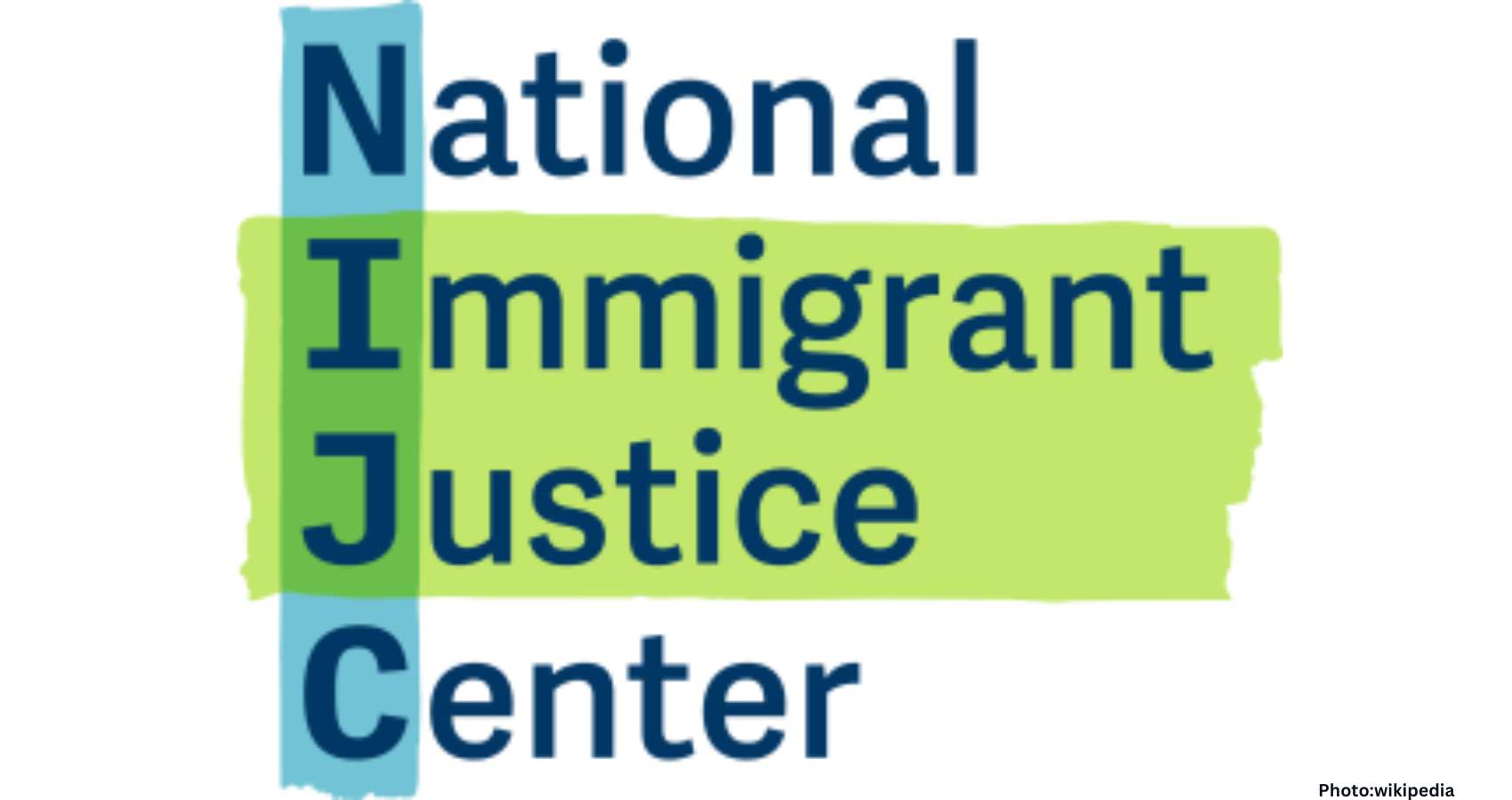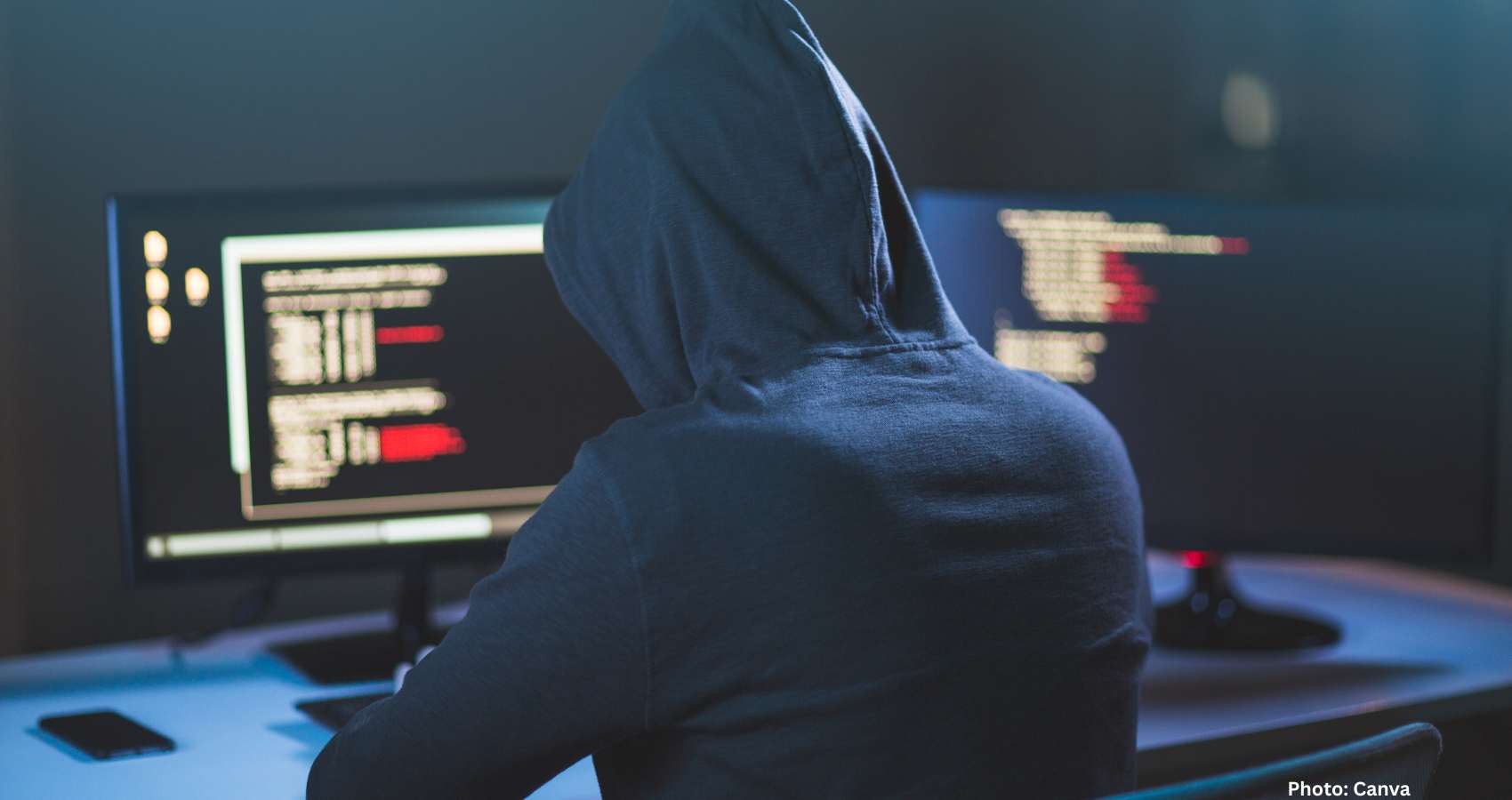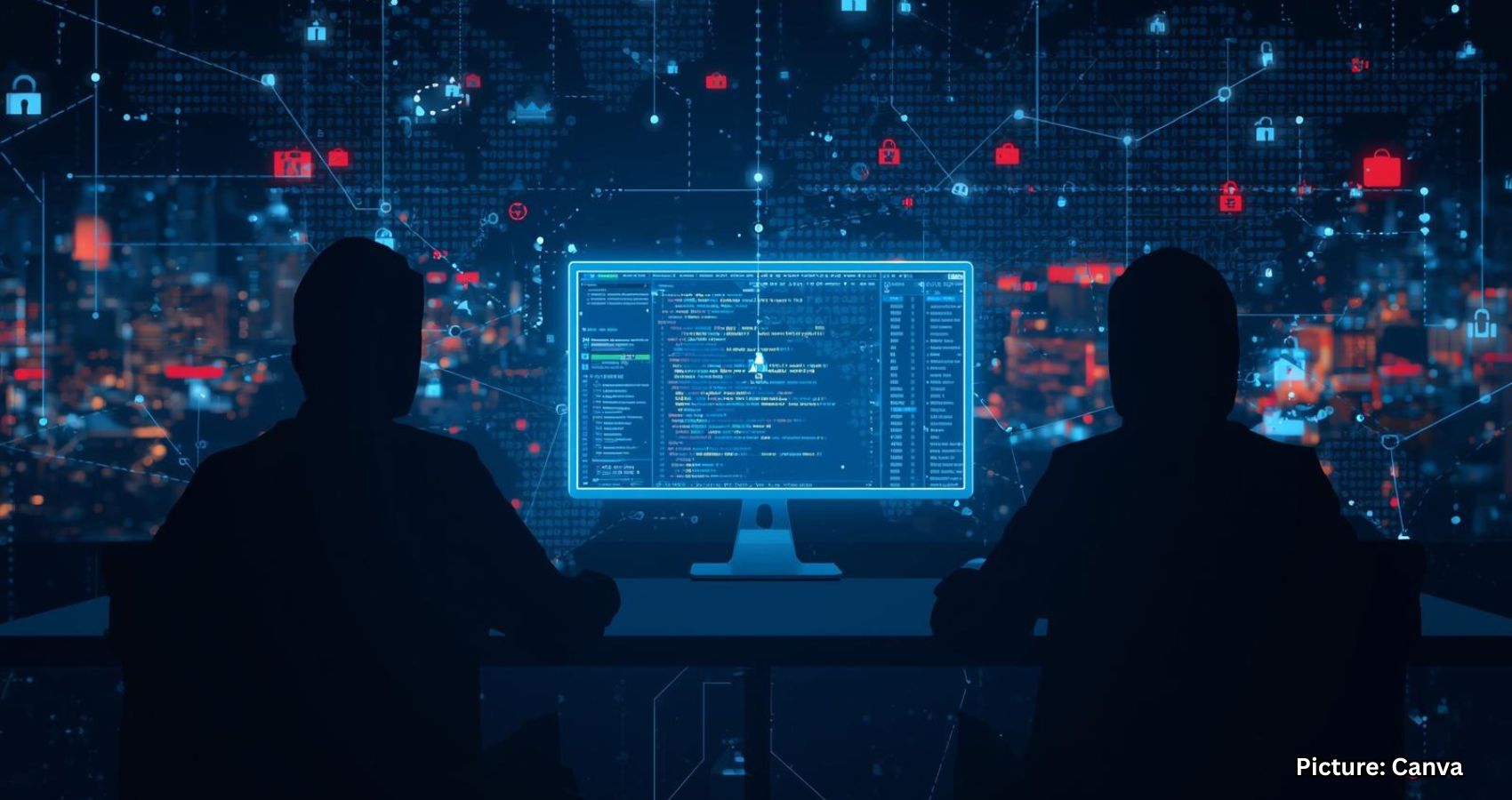AI is transforming the landscape of law firms, challenging traditional structures and relationships while reshaping the dynamics of power and expertise within the legal profession.
Every law firm operates like a complex ecosystem, often described in brochures as collegial and purpose-driven. However, those who have participated in partners’ meetings or witnessed the maneuvering that follows a rainmaker’s retirement announcement understand the underlying truth: law firms are competitive environments governed by the same survival instincts found in nature.
At the apex of this hierarchy is the Rainmaker, often likened to a lion. The Rainmaker does not engage in drafting briefs or parsing regulations; instead, they are the hunters, bringing in high-stakes clients and lucrative engagements. The success of the firm hinges on the Rainmaker’s ability to attract clients, with all other activities—staffing, billing, and research—flowing from this critical moment of client acquisition.
Surrounding the Rainmaker are the Hyenas, partners skilled in internal politics but lacking the instinct to hunt. These individuals thrive on the aftermath of the Rainmaker’s success, often engaging in disputes over origination credit. Their ability to navigate the internal landscape allows them to claim credit for client relationships, often at the expense of the Rainmaker. While the origination committee is meant to be impartial, it is frequently populated by Hyenas who have risen to power through political maneuvering.
Then there are the Vultures, who patiently circle the aging Rainmaker. They do not compete directly with the Rainmaker but instead cultivate relationships with the clients’ deputies, positioning themselves for a transition when the Rainmaker retires. The redistribution of a retiring partner’s client base can lead to fierce competition, stripping away any pretense of loyalty and revealing the raw self-interest that drives the firm’s dynamics.
In contrast to these predatory roles stands the Subject-Matter Expert, who possesses deep knowledge of the legal landscape. While the Expert may not bring in clients, their expertise is invaluable for executing the work. Historically, the Expert could assert their importance to the Rainmaker, creating a mutual dependency that stabilized the ecosystem.
However, this ecosystem is on the brink of a significant transformation, driven by the advent of artificial intelligence (AI). The impact of AI on law firms is expected to be profound, reshaping traditional roles and disrupting established power structures.
AI’s influence on the legal profession can be likened to the disruption seen in other industries. For example, the emergence of GPS technology transformed the taxi industry by democratizing navigational expertise. Similarly, AI is poised to democratize legal knowledge, making it accessible to all practitioners, regardless of experience.
As of early 2026, the legal industry is experiencing record profits while simultaneously feeling the ground shift beneath its feet. According to the Thomson Reuters 2026 Report on the State of the U.S. Legal Market, law firm technology spending surged by 9.7 percent in 2025, with knowledge management budgets increasing by 10.5 percent. Despite celebrating a 13 percent profit growth, the report warns of “tectonic forces” that threaten the traditional billing structures that have sustained BigLaw for generations.
Productivity gains attributed to AI have been staggering. For instance, a complaint response system at one AmLaw 100 firm reduced associate drafting time from sixteen hours to just a few minutes. The adoption of AI tools is widespread, with 55 percent of firms utilizing general-purpose AI and 30 percent of professionals using AI multiple times daily for tasks such as legal research and document review.
Clients are also adapting, with corporate legal AI adoption more than doubling in a year. The ACC/Everlaw GenAI Survey indicates that 64 percent of in-house teams expect to rely less on outside counsel, while McKinsey estimates that 44 percent of business tasks, including legal work, are automatable. These trends signal a significant shift in the balance of power within law firms.
AI’s first major impact is on the mystique of the Subject-Matter Expert. Historically, the Expert’s power stemmed from the scarcity of their knowledge, which translated into compensation and authority within the firm. However, as AI makes this knowledge more accessible, the Expert’s value diminishes. When a junior associate can produce high-quality legal documents in a fraction of the time it takes a seasoned partner, the scarcity premium collapses.
As a result, the political dynamics within law firms are shifting. The Expert’s argument for premium compensation weakens when clients can approximate their knowledge with AI. The Expert’s role may transition from being indispensable to merely advisory, as their knowledge becomes democratized.
Conversely, AI enhances the Rainmaker’s position. While the Rainmaker once relied on the Expert for execution, AI allows them to work with augmented teams, reducing their dependency on any single individual’s expertise. This shift empowers the Rainmaker, making them self-sufficient and altering the internal politics of the firm.
The Hyenas are likely to adapt quickly, rebranding themselves as “AI integration specialists” and claiming credit for efficiencies gained through technology. The Vultures will also benefit, as AI accelerates the timeline for transferring knowledge from retiring partners to their successors, making the transition smoother and quicker.
For associates, the rise of AI presents a mixed bag. While AI is automating many tasks traditionally performed by associates, firms are still hiring new graduates in increasing numbers. However, the emergence of the “ten-times lawyer”—an associate who masters AI tools to produce work comparable to more experienced lawyers—could disrupt traditional pathways to partnership. Associates who can deliver partner-level work through AI may not be willing to wait years for recognition.
Service partners, who have historically thrived on execution, may find their roles threatened as AI takes over routine tasks. This tier of partners, often caught between AI-empowered associates and relationship-rich equity partners, may face significant challenges in the evolving landscape.
Even the Rainmaker should not rest easy. The potential for AI to become the primary driver of client acquisition and retention looms large. As clients increasingly prioritize firms based on their technological capabilities rather than individual relationships, the landscape will continue to shift.
As AI technology advances, the legal profession is approaching a critical inflection point. The question is not whether these changes will occur, but how quickly they will reshape the industry.
In conclusion, the traditional billable hour model is unlikely to survive the AI revolution. As AI creates a structural incompatibility between productivity gains and hourly billing, the political constitution of law firms will be dismantled. The challenge for firms will be to adapt strategically to these changes, ensuring that they remain relevant in a rapidly evolving legal landscape.
According to the Thomson Reuters 2026 report, the divide between organizations that adopt AI strategies and those that do not is becoming increasingly pronounced. The real challenge lies in recognizing that commoditized expertise leads to redistributed power within the firm, necessitating a reevaluation of traditional hierarchies.
The jungle is changing, and the ability of law firms to adapt will determine their survival in this new environment.


